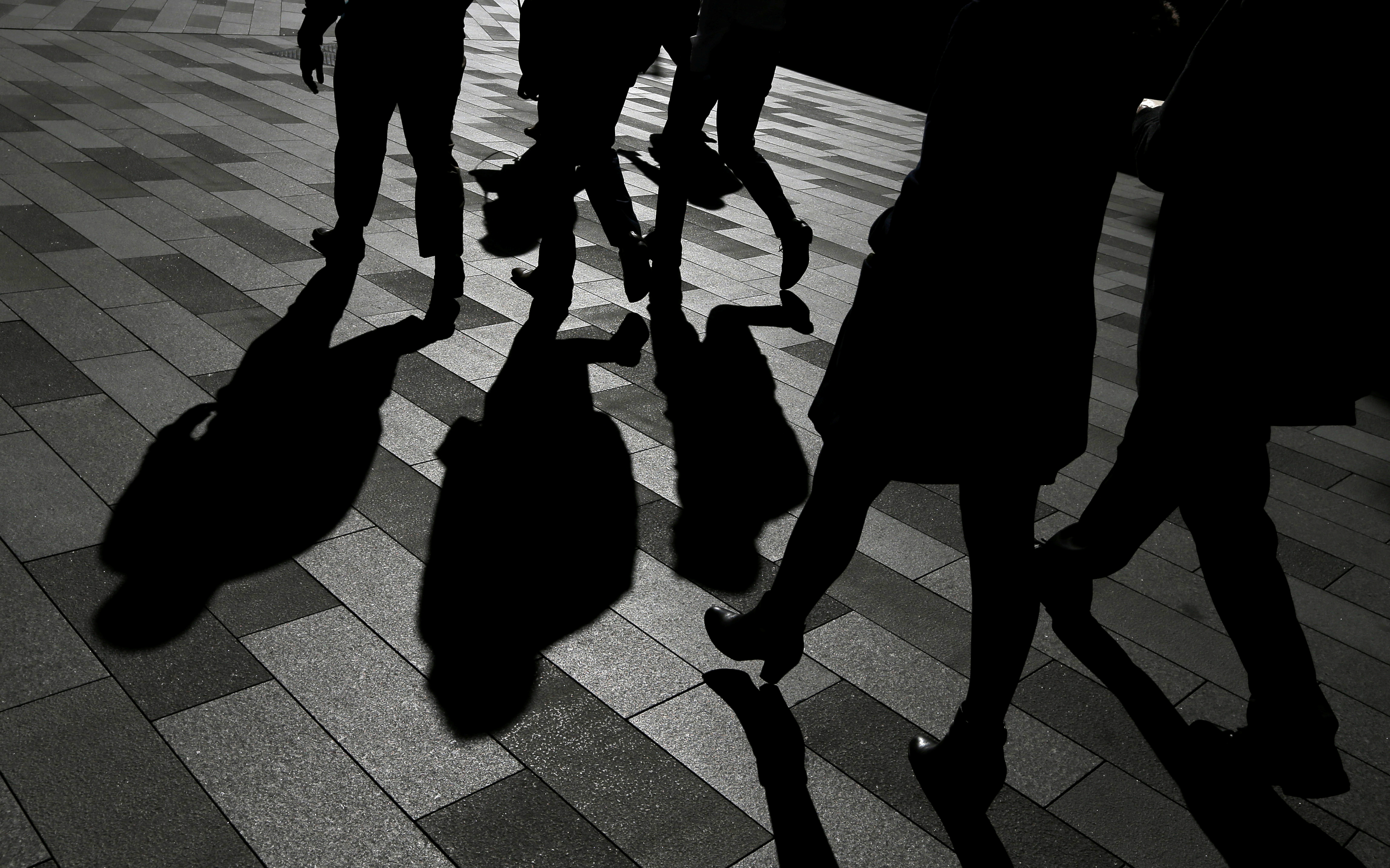
Workers cast shadows as they stroll among the office towers Sydney’s Barangaroo business district in Australia’s largest city, May 8, 2017. REUTERS/Jason Reed/File Photo
SYDNEY, Aug 3 (Reuters) – Australia’s office vacancy rates crept higher in the first half to levels not seen since the 1990s, according to new research on Thursday which underscores the challenges facing landlords struggling to fill buildings emptied during COVID amid a slowing economy.
Vacancies in downtown Sydney, Melbourne and Perth, where most large companies are headquartered, were already above 10% and rose between 0.2% and 0.9% in the first half of the year, with those in the Melbourne central business district (CBD) rising the most, according to biannual data published by the Property Council of Australia.
The national CBD vacancy rate rose to 12.8% from 12.6, the data showed. The pace slowed from the second half of 2022, when it rose 0.6%.
Office landlords face tenants looking to cut back on space made surplus by home working just as higher interest rates hit property values and raise debt servicing costs in what could become an existential crisis for the sector.
While Australian offices are under “significant pressure” from higher rates, the region is in a very different position to struggling markets such as Los Angeles or New York, according to Mark Curtain, advisory & transaction services senior managing director, Pacific at CBRE.
“We are confident that the Australian office sector will stabilise and rebound strongly over the next few years,” Curtain said in a statement.
Facing down investors who have sent their share prices tumbling up to 50% off highs, major Australian real estate investment companies argue portfolios of premium office buildings in swanky parts of major cities will help insulate them from the broader real estate downturn.
However, a review of past reports showed vacancy rates for prime offices in Sydney and Melbourne have increased over the past two years. In the case of Sydney, vacancy rates for prime and secondary offices are almost identical, at around 11%.
Reporting by Lewis Jackson; Editing by Kim Coghill
: .

